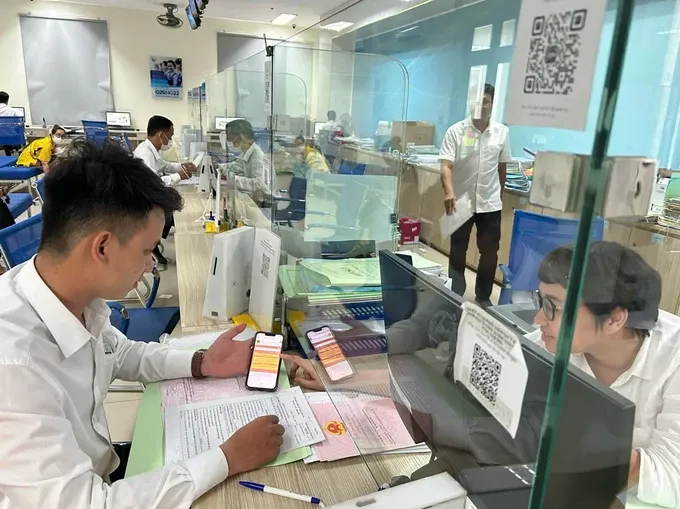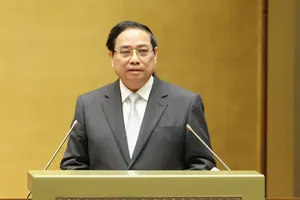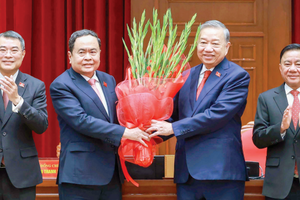
Burdensome administrative procedures involve complicated, unnecessary steps that waste time and resources.
For instance, starting a small business requires navigating a maze of bureaucratic hurdles, such as submitting business registration paperwork, fire safety certificates, food hygiene certificates (for food businesses), construction permits (for renovations), and numerous approvals from various government agencies. Each step demands paperwork, waiting time, and multiple trips to different government offices.
These convoluted procedures have far-reaching consequences.
Firstly, they inflate expenses for both the government and citizens, encompassing time costs (due to extended processing times), financial costs, and opportunity costs. The time and resources squandered on bureaucratic red tape can cause businesses to miss out on investment or business opportunities. Moreover, it erodes public and business trust in the government, fostering a sense of discontent.
Secondly, it creates opportunities for corruption. When procedures are excessively complex and time-consuming, individuals and businesses feel pressured to offer bribes to expedite processes. Vague and intricate regulations empower officials to abuse their authority or interpret rules subjectively, creating avenues for personal gain.
Thirdly, it hampers competitiveness and economic growth. Businesses expend significant time and resources on bureaucratic processes, reducing profits and increasing production costs. Investment projects are delayed due to complex procedures, diminishing the attractiveness of the investment environment. Inefficient business environments erode investor and business confidence in the government's ability to manage, negatively impacting economic growth. These factors diminish a country's competitiveness and stifle economic development.
Statistics from many countries reveal that compliance costs, including those associated with administrative procedures, typically account for 1-3 percent of GDP. However, in nations with cumbersome administrative procedures, this percentage is higher.
Given these severe consequences, “radically reforming and minimizing administrative procedures,” as emphasized by General Secretary To Lam, is crucial. Drawing on global experiences, several measures can be implemented:
- Digital Government and Digital Transformation: Implementing online public services reduces human intervention, streamlines processes, and enhances transparency.
- Regulatory Reform and Procedure Simplification: Overlapping and unnecessary regulations must be eliminated, with a clearer focus on core processes.
- One-Stop Shop: Administrative procedures should be combined into a single, centralized service to minimize fragmentation and overlaps among agencies.
- Decentralization and Delegation: Local governments and lower-level agencies must be empowered to make decisions to reduce processing time and eliminate intermediate layers.
- Regular Performance Evaluation: Regular assessments must be conducted to identify and eliminate obsolete or unnecessary procedures.
- Enhanced Public and Business Engagement: Greater public and business participation in the administrative reform process should be fostered.
By implementing these measures in a coordinated manner, administrative procedures can be reformed comprehensively and effectively, enhancing productivity and reducing waste. This will ensure that administrative procedures no longer hinder progress.
Prof Dr Nguyen Van Phuoc – Chairman of the HCMC Union of Science and Technology Associations – shared that foreign investors seek more attractive investment environments that prioritize green growth and environmental sustainability.
Therefore, it is necessary to seriously consider these factors to avoid missing out. This requires Vietnam to recognize global sustainability trends and swiftly implement solutions to attract investors, which will in turn save significant effort in attracting foreign investment.
























